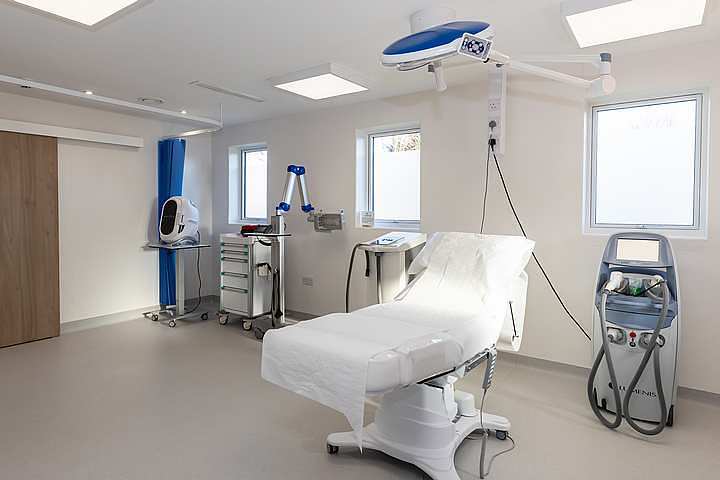 The range of technology in daily use at our practice is making a difference to treatment for a number of skin conditions.
The range of technology in daily use at our practice is making a difference to treatment for a number of skin conditions.
As 2024 begins, Covid is still around but we are long clear of the worst effects. Environmental and weather problems have arisen, not least flooding but the winter weather has not been too catastrophic.
Knowledge has continued to move forward, such as the discovery of new antibiotics to treat resistant infections. Elements of artificial intelligence being applied to medicine are improving at a rapid rate.
Societal health should be continuing to move forward and in the longer term may do so but there are current concerns.
Behavioural Changes
For the first time in decades, a decline in smoking has ceased and the Covid pandemic is being blamed. Long term smokers did see this as an opportunity to give up but young people, who felt more isolated, took up the habit.
A fall in anti-smoking campaigning has not helped, although the switch in primary health campaigns is understandable. Obesity has become the NHS’s lead cost, including associated conditions such as diabetes, or heart disease.
The continuing rise in obesity rates is 2024’s greatest concern. Made worse by an economic situation which can see families forced to buy lower grade food, or give up activities which could help to maintain health.
Adult obesity rates in the UK have risen from 10% to around 30% in a generation. There are multiple causes, sedentary employment, stress, deprivation, the marketplace, lack of exercise, elements of a trend that needs to be reversed.
The National Health Service
We have all seen headlines of patients who saw multiple GPs before cancer was spotted, or the incredible achievements of specialist surgeons in NHS facilities. Rarities which are notable, although the overall picture is as helpful.
In England, the 4 hour A & E waiting target was last met in 2015. Much the same applies to cancer treatment and overall hospital treatment. Neither are Scotland Wales, or Northern Ireland faring much better.
The pandemic has been blamed, along with staffing problems being worsened by Brexit. Neither were of benefit but the decline had begun before both, with the reasons too complex for brief analysis, from an ageing population, to a period of austerity.
Greater investment and practical, national management plan are required, in greater depth than the election slogans we will soon hear.
Light At The End Of the Tunnel
There are obvious issues, along with positives. Many initially predicted that Covid would decimate the private health sector but practices found ways to keep going and are offering increasing support to the NHS.
The points made earlier on technology and AI should not be underestimated. A wide range of equipment entering the medical market can be seen as a cost problem but will ultimately bring savings in diagnosis and treatment.
Opportunities for improved communication, prediction and management may prove as vital as treatment advances. An out of scale spend on admin is part of the reason national budgets are stretched.
Investment will bring rewards, as has been the case for our patients, attending purpose built premises, with the latest equipment. We simply wish to see the same levels of medical care and dermatological treatment widely available.
